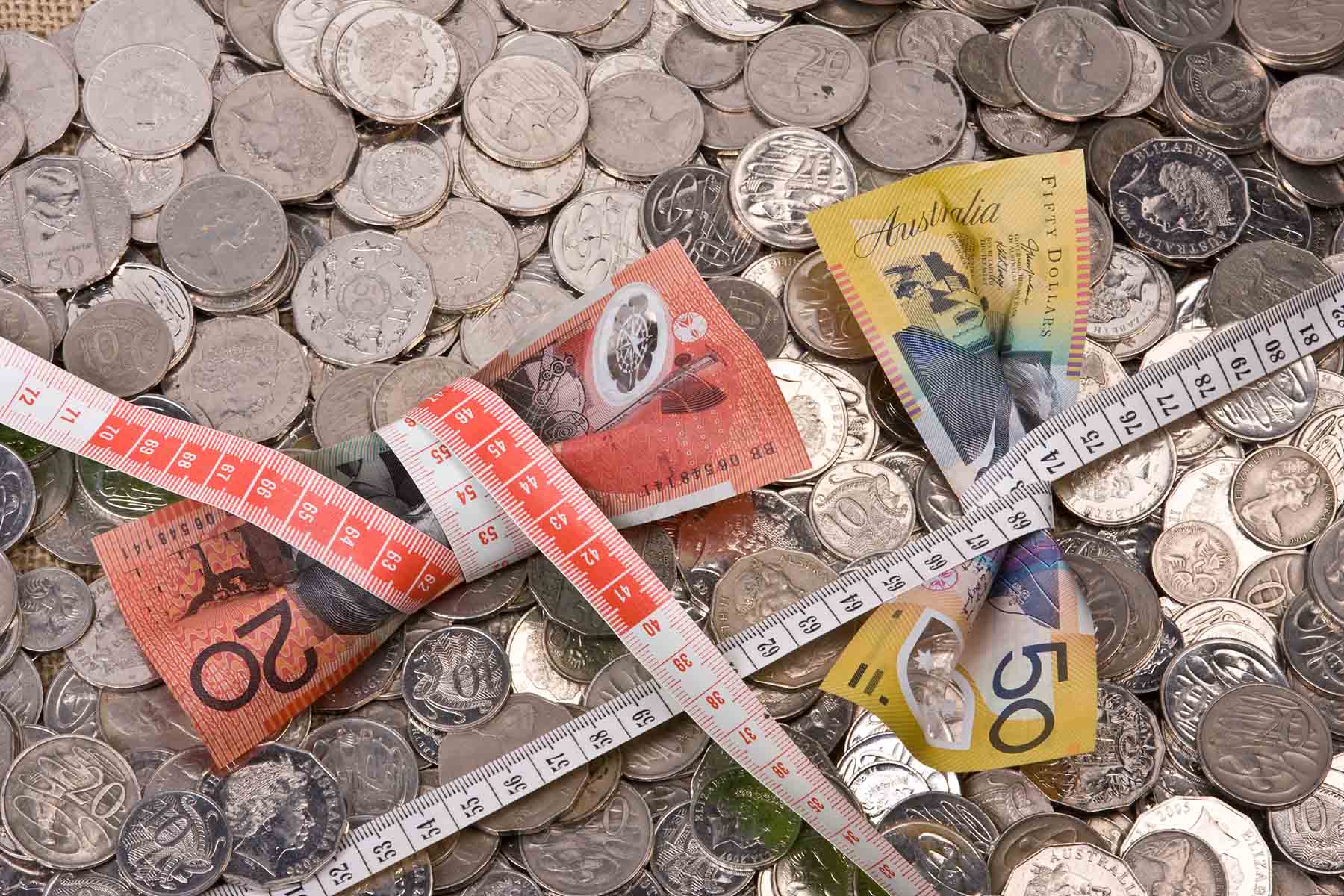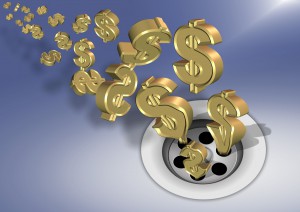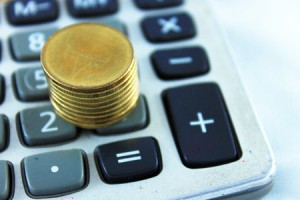I grew up in a small town outside of Houston, and like most Texans, I have a fair amount of state pride.
Still, by my mid-twenties, I was ready to get out of dodge.
There was a whole world out there, and I wanted to see it.
Specifically, I wanted to go to Italy.
Even if they didn’t have Whataburger.
There was something in my way, though: my pesky student loan.
The Power of Money With a Purpose
I was so intent on traveling to Europe, I did everything in my power to pay off that loan as soon as possible so I could save up a few thousand bucks.
I rarely went out with friends.
I took on a side hustle flipping thrift store finds.
It worked.
In a year or so, I paid off my debt and saved up enough cash to take a two-week overseas trip.
After that, though, I had no real direction.
I didn’t know what was next, so I just figured I’d save for whatever.
“Whatever” isn’t nearly as exciting as saving for a trip to Europe, though, so I did a really bad job of saving.
Sure, I socked away a bit here and there, but mostly, I spent my money on a bunch of crap I didn’t need.
Fancy clothes.
Surround sound speakers (perfect for my vast, 500 square-foot chateau).
Vintage Garfield mugs that are collecting dust in my kitchen to this day. (Some crap was crappier than other crap)
Money doesn’t buy happiness, but it’s a powerful tool when used correctly.
The problem is, most of us don’t know how to use it correctly.
We spend it on stuff we don’t need and might not even want, then complain that we don’t have enough of it for other things.
Or maybe we don’t have enough of it, period, so we think obtaining more money is the goal, but then we give up because “get more money” is such an aimless, overwhelming goal.
The point is: money management works best alongside a goal that is both specific and meaningful.
Money doesn’t buy happiness, but it’s a powerful tool when used correctly.
Okay, But What if I’m Broke?
You might be thinking, “All of this is easy to say when you’re not broke and struggling to make ends meet,” and you’d be right.
As someone who has been there, just about everything is easier when you’re not broke andstruggling to make ends meet.
However, specific, meaningful goals are what motivated me to work on NOT being broke.
At one point, my goal was simply, “afford to keep my apartment.”
I wanted it because I wanted to be independent.
I didn’t want to move back in with my parents or ask a friend to sleep on their couch.
Apartment: specific. Independence: meaningful.
Yes, I had safety nets to fall back on, but the goal gave me a number to shoot for and reason to shoot for it.
Instead of “get a better job,” my goal became, “get a job that pays at least X amount so I can afford rent.”
It sounds simple, but establishing that purpose was huge.
In fact, I’d argue that a meaningful goal is even more essential when you’re struggling with money.
Why?
Because it’s so overwhelming, you don’t know where to start, and then it’s all too easy to just give up and put your whole life on a credit card.
Or worse, a payday loan.
Money Is a Tool
Most of us treat money itself as the goal.
We work to get out of debt or save for retirement because that just seems like the responsible, grown-up thing to do.
And it is, but here’s what happens when you make money the goal:
- You ditch the goal, because it doesn’t support what truly matters to you.
- You give up on money entirely, because you don’t see the point. Your finances are a wreck.
- You stick to the goal, but you’re cheap. You make life more difficult just to keep your money.
- You start hoarding money instead of using it.
- You stay at a job you hate because it pays well.
From my own experience, when you make money the goal, you allow it to continue controlling your life.
Money is just a tool.
When you see it for what it really is, it’s a lot easier to take control of it.
Using Money Instead of Chasing It
One of the biggest turning points in my financial life was the realization that money is not an ideal, it’s a tool.
A means to an end.
This changed everything.
I stopped chasing money and started chasing my goals.
I stopped thinking about what I didn’t have and thought about what I could have.
But most important of all, I started to feel in control.
Personal finance, despite what most people think, has very little to do with money.
It’s more about managing money so it:
1) doesn’t get in your way, and;
2) supports what matters to you.
When you start to feel in control, good things happen.
If you can pinpoint what matters to you, it’s a lot easier to give your money a purpose, take action, and establish that control.



















